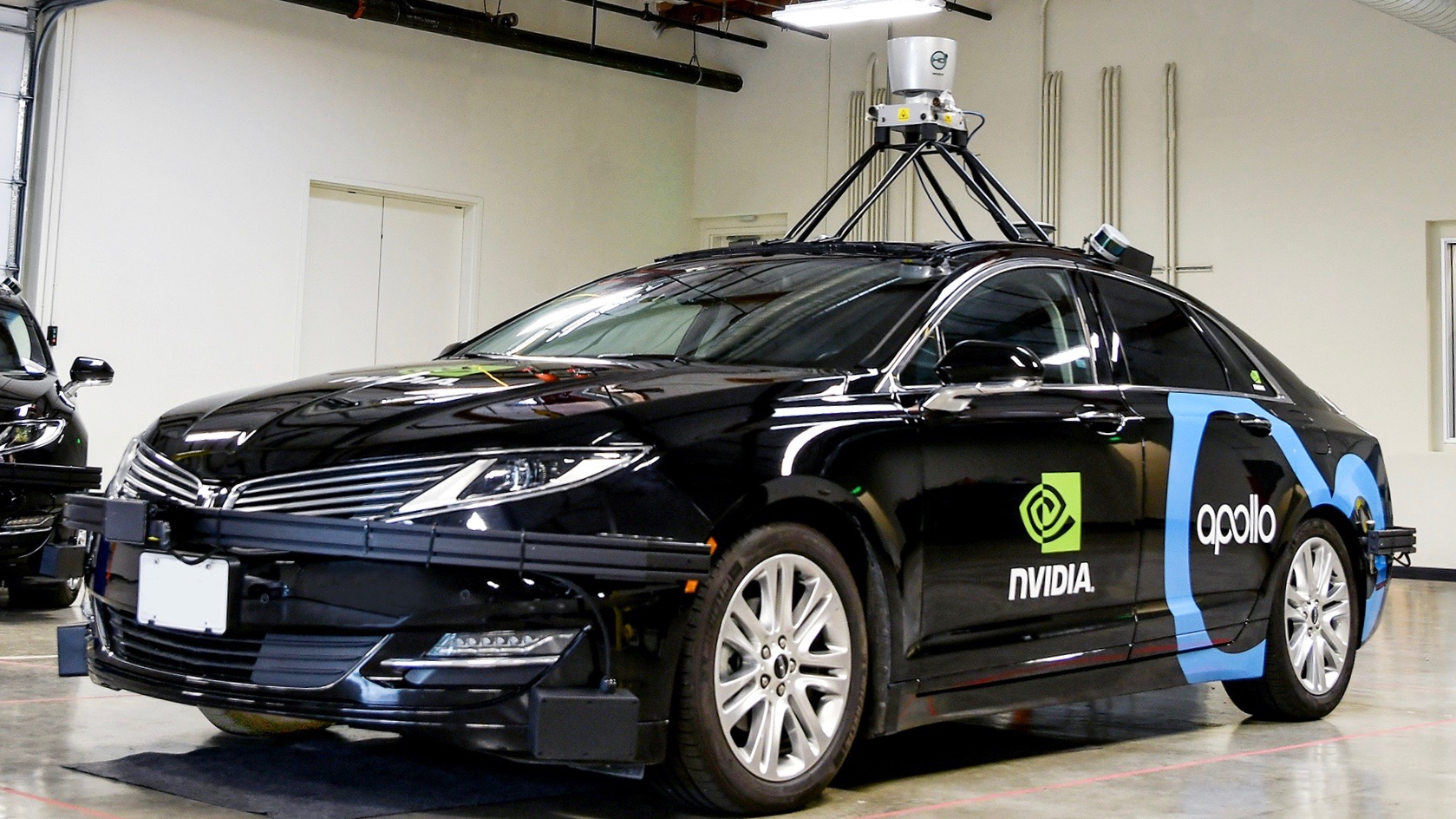

At CES 2018, Nvidia, Baidu, and ZF announced plans to collaborate on an autonomous-car technology platform designed specifically for China. Given that China is already the world’s largest market for new cars, you can’t blame the trio for giving it extra attention.
All three companies were previously involved in self-driving cars to varying degrees, but this is the first time they have worked together. Partnerships in the world of autonomous cars have reached soap opera levels of complexity so it will be interesting to see if the Nvidia-Baidu-ZF combination creates something previous partnerships haven’t.
Baidu will merge its Apollo software platform, with Nvidia’s Xavier and ZF’s ProAI computing hardware. While Xavier is designed to act as the “brain” of a self-driving car, telling the car what to do, ProAI seems to function as the “eyes,” processing input from the car’s various sensors.
Apollo, meanwhile, is an open software platform that Baidu hopes other companies will adopt as the basis for their own self-driving car software. The name Apollo comes from Baidu’s belief that self-driving cars represent a comparable technical challenge to the moon landings. Baidu is working to launch an autonomous ride-sharing service in China, but it’s also embroiled in a lawsuit over intellectual property that mirrors the ongoing Uber vs. Waymo suit.
While Baidu’s involvement appears to be the only thing about this development program that is China-specific, that may be all the partners need. Owing to security concerns, China won’t let foreign companies map its roads. That deprives those companies of an important source of data for self-driving cars. But as a Chinese company, Baidu likely isn’t subject to that restriction.
Baidu, Nvidia, and ZF will make the finished product available to all automakers selling cars in China. The completed system will be able to scale up from Level 2 autonomy to Level 5, according to the companies. The three partners expect production cars using the system to hit China’s roadways by 2020, although it’s unclear where on the autonomy scale those initial production models will land.